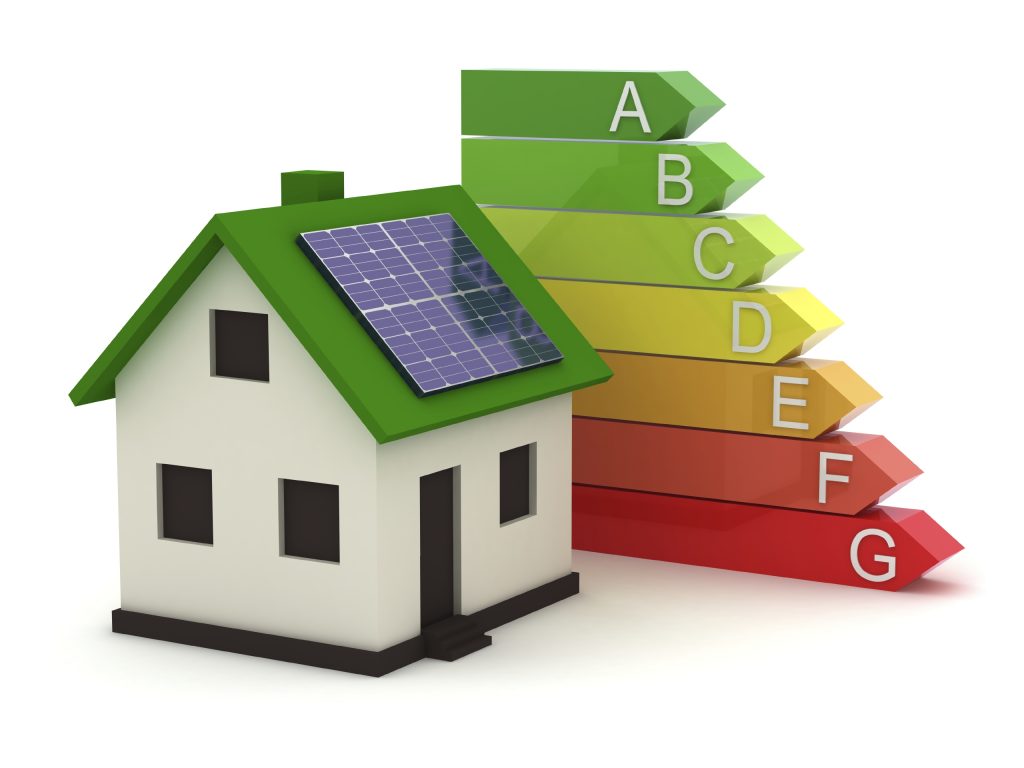Government funding of €10 Million for energy efficiency design projects

April 11th, 2018
Ten million euros has been allotted from the 2018 budget to support the Excellence in Energy Efficient Design (EXEED) project.
Sustainable Energy Authority of Ireland (SEAI) has opened applications for public and private organizations, looking to make an investment in new and innovative projects on energy efficiency.
The EXEED project supports successful businesses with a grant scheme of up to 500,000 euros per year. In 2017, the SEAI invested 1.6 million to support EXEED projects, at educational institutions, pharmaceutical companies and public buildings.
Ireland has committed to achieving a 20 per cent reduction in energy demand by 2020 by incorporating energy efficiency measures across the country. This would require energy savings of almost 32,000 Gwh.
The National Energy Efficiency action plan report of 2017 indicates progress in Co2 reductions, with 18,654 GWh of the proposed 31,925 Gwh of energy savings achieved by the end of 2016.
Ireland has set a challenging target of 33 per cent improvement rate in the public sector. These target plans are crucial to achieving the climate change target as failure to do so would have a detrimental impact.

Irish homes get D grade on Building Energy Rating
SEAI has supported over 30 businesses in achieving EXEED certification by significantly reducing their energy consumption.
The Dublin Airport Authority (DAA) has managed to increase their energy efficiency considerably at the car parks with assistance from this project.
According to CEO of SEAI, Jim Gannon, the energy consumption and operational costs are reduced because energy performance and management are considered at the initial stages of design for a new build or an upgrade in EXEED projects.
”Projects that implement the EXEED process can save up to 30 per cent in energy use and save on capital expenditure for new investments,” he added.
Tipperary Energy Agency is “delighted” to see this level of funding to support organisations from the “critical starting point of designing new buildings”, said Vice CEO Paula Gallagher.
“We spend so much of our time retrofitting poorly designed buildings we really appreciate the benefit in getting sustainable energy central to the design brief from the earliest stage. The financial savings from sustainable energy measures are always greatest when implemented at design and construction phases.
“This is particularly relevant as the country faces into an investment cycle, underpinned by Project 2040, we really do not want to be repeating the mistakes of the past construction boom,” she added.
[x_author title=”About the Author”]







